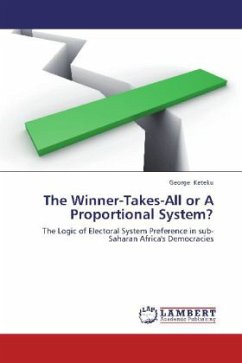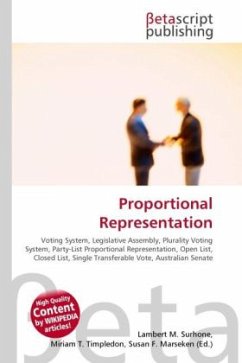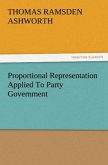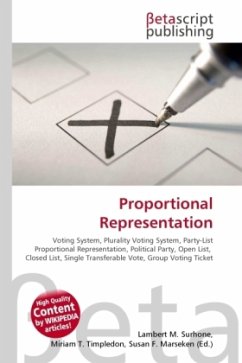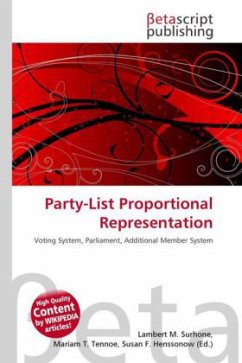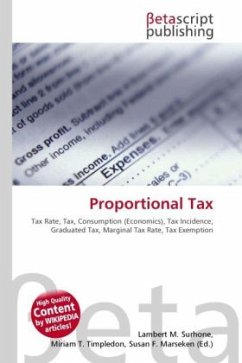The book uses a comparative methodology to make the case that ruling elites, looking to manage real and anticipated conflicts factor in the sources of partisan conflict to adopt an electoral system. When issue dimensions along which society is polarized in a multiparty contest are factored into the equation, countries with two or fewer issue dimensions are more likely to see a Single Member District system (DM= 1) as a good fit, while those with more than two are likely to select a PR system. George Keteku s study contributes to our understanding of the emerging democracies in Africa. The book's central appeal is in establishing a credible link to the history of institutional engineering in some of the world s long-established democracies. The finding that Africa is not unique with its level of social fragmentation, and that democratic institutions do ameliorate the effects of polarization offers a positive outlook and welcome news for the future of Africa s young democracies. Professor Ali A. Mazrui, Director, Institute of Global Cultural Studies and Albert Schweitzer Professor in the Humanities Binghamton University State University of New York at Binghamton, New York.
Bitte wählen Sie Ihr Anliegen aus.
Rechnungen
Retourenschein anfordern
Bestellstatus
Storno

